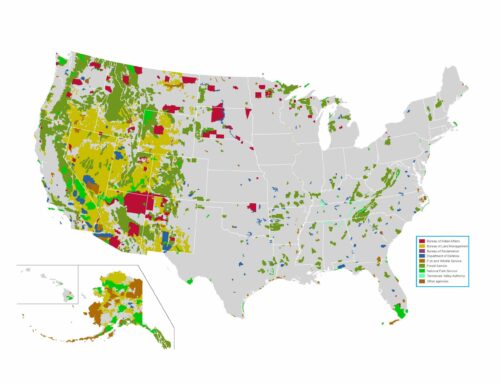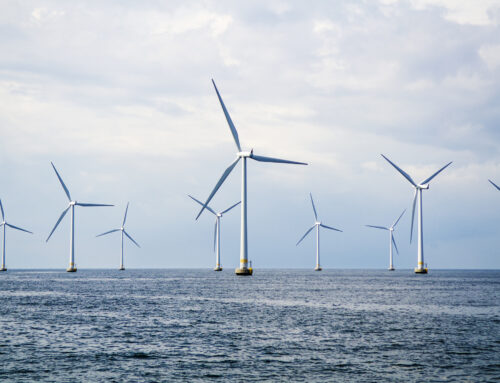by Greg Walcher, E&E Legal Senior Policy Fellow
As appearing in the Daily Sentinel
I am not old enough to have experienced rationing during World War II, but I heard stories about it from grandparents. They remembered well having to pay an inflated price for many goods, not just in money but also rationing stamps and tokens issued to every family. The government first rationed tires, but soon added gasoline, coal, firewood, meat, fish, cheese, milk, butter, coffee, lard, shortening, oils, sugar, even shoes and nylon stockings.
Every household in America was affected, as in other countries. My grandparents understood the need to sacrifice certain things for the common good because all else depended on the war effort. But I never heard anybody suggest that they liked it. That is precisely suggested, though, by two British teachers at the University of Leeds.
They write that “the rejection of markets, and a commitment to fair shares, is a key part of the value of rationing, and precisely what made rationing attractive to the public in the 1940s.”
Nathan Wood and Rob Lawlor have created a media buzz by suggesting, in a lengthy scholarly article, a return to rationing to address global warming — which they claim will be popular.
“Rationing and Climate Change Mitigation” was published by something they call the “Inter-disciplinary Ethics Applied Centre” and the “Sustainability Research Institute” at Leeds. In other words, the article was self-published, on their own websites — yet still managed to attract worldwide media attention. One representative headline read, “How to Fix Global Warming: Bring Back Rationing, Say Scientists.”






